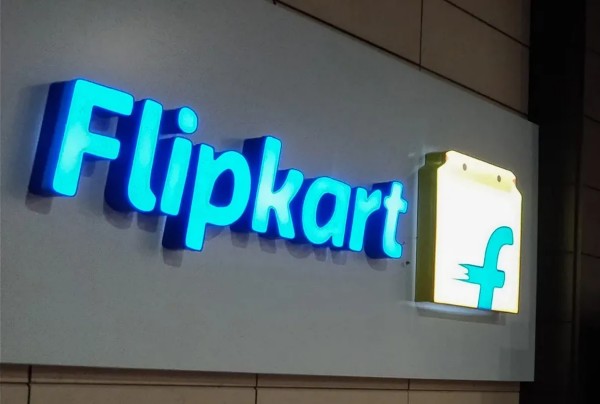Walmart-controlled Indian e-commerce firm Flipkart is preparing for an initial public offering (IPO) overseas as soon as next year, a move that could value the firm at up to $50 billion, sources familiar with the company’s plans told Reuters.
Bengaluru-based Flipkart, which vies with players such as Amazon.com’s local unit in India and India’s Reliance Industries, will be aiming for a valuation in the $45bn-$50bn range, according to the Reuters report.
If achieved, that would mean Walmart would have more than doubled its investment.
Flipkart is likely to choose between Singapore or the United States for the IPO, said two other sources, who asked not to be named as discussions are private.
“Flipkart is incorporated in Singapore, but listing in the United States, where parent Walmart is headquartered, could give it access to a deeper pool of funds,” one of the sources said.
Flipkart and Walmart did not respond to Reuters requests for comment.
STORE WARS: Flipkart buys out Walmart’s India wholesale stores
The sources said the preparations and discussions have been largely internal for now, but the company is preparing to tap external advisers on the process soon.
The discussions come as India drafts new regulations that could pave the way for domestic companies to directly list overseas.
Two other sources familiar with the plans said that work has begun to ensure legal and finance functions meet regulatory standards ahead of a potential listing.
“Right now, the IPO target is more or less considered to be late 2021, or early 2022, but the current crisis has made things a little blurry,” said one of these two sources.
The second person added that being “IPO ready” has become a constant refrain in top level meetings internally.
Liquidity for investors
That’s hardly surprising because ever since Walmart acquired the 77% stake in Flipkart for $16bn in 2018- valuing the company at $21bn- this Bengaluru-based online retailer has reportedly been planning an exit for its investors.
Aside from Walmart, Flipkart’s other global investors include Tencent and Tiger Global, as well as employees, who have invested more $100 million into the country’s most successful start-up.
Walmart’s investment remains the single largest foreign direct investment in India, and had helped turn Flipkart founders Sachin Bansal and Binny Bansal into billionaires.
In July, Flipkart also raised $1.2bn in fresh funding with Walmart as its lead investor. That round valued Flipkart at $24.9bn.
Amid heightened tensions between China and India, Flipkart just landed $62.8 million investment from the Chinese internet giant Tencent in another funding round, reports suggest.
The fundraising comes at a time when Chinese tech investors, including Tencent, Alibaba and Bytedance are moving their headquarters to Singapore amid furore in US and India over data privacy and control issues, which could potentially prove to be a national security threat.
The Indian government has also issued new Foreign Direct Investment guidelines requiring prior approval of the regulators for the investments from border sharing countries into India.
Flipkart said it would use the Tencent funding, to be received in two tranches this fiscal year, to support the development of its e-commerce marketplace as India emerges from the COVID-19 crisis.
FOREIGN INVSTEMENT: India’s Flipkart gets $1.2 bn boost from Walmart
Like its rival Amazon, Flipkart began by selling books, but diversified rapidly into sell selling smartphones, clothing and other items. It now competes with Amazon in most categories.
India’s e-commerce sector is expected to be worth $99bn by 2024, according to Goldman Sachs, as more Indians switch to online shopping.
That expanding market has attracted not only global giants such as Walmart and Amazon, but also India’s oil-to-telecoms conglomerate Reliance, which has jumped into the fray.
Mumbai-based Reliance this year launched an online grocery service, JioMart, with its billionaire boss Mukesh Ambani telling shareholders in July that deliveries will expand into electronics and fashion products.
- With reporting by Sankalp Phartiyal, Nivedita Bhattacharjee, Anirban Sen and Kane Wu
























